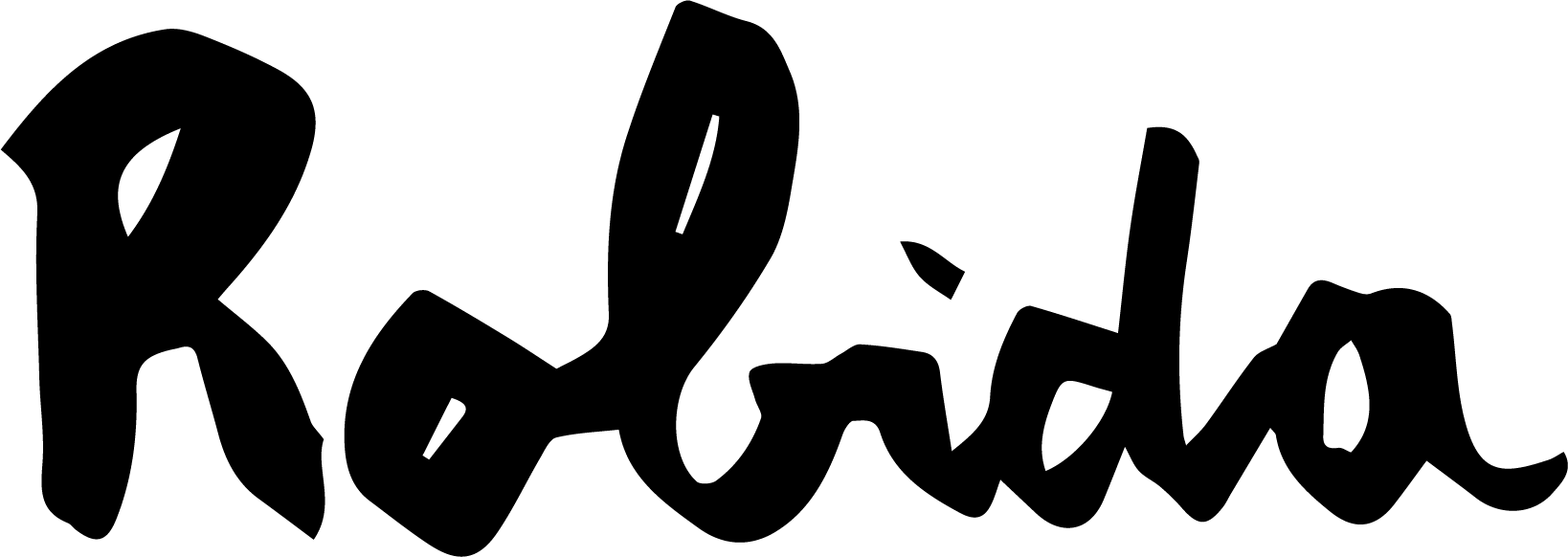Academy of Margins – Summer school 2025
Radio Gardening
The call is closed!
02.06 → publication of the open call
20.06 → deadline to hand it the participation proposal
around 27.06 → results
–
Robida is welcoming everyone to the 2025 program of the Academy of Margins Summer School (here you can read something about the 2022, 2023 and 2024 editions). The program of the Summer School of Academy of Margins 2025 will revolve around one of Robida’s favorite infrastructures: the radio!
→ Read the whole application and the guidelines here
→ Apply through the dedicated google form
The context: Radio Robida
Radio Robida was born from a deep need — the need to stay connected with our friends throughout the year, especially in the stillness of winter. And what better way than through the intimacy of the spoken word and sound? We began to wonder: how could we combine Robida’s fondness for hyper-specificity with a desire to remain meaningful for those who are far away? As we were already publishing one issue of the Robida magazine every year — a long and often slow process — we felt the need for another kind of medium. A medium that could be more spontaneous, immediate, and even carefree. That’s how the idea of an internet radio station came about. Instead of broadcasting widely, we chose to narrowcast — to send signals as if speaking into a walkie-talkie, or calling a friend you don’t always have anything to say to, but whom you call anyway. Just to let them know you’re there. Radio for us is a slow, ongoing attempt to tune into the rhythms of a place — and to share them, gently, with others. Radio as a means of cultivating relationships and communities. Where traditional broadcasting is about scale and mass reach, narrowcasting is about specificity and situatedness — values that align deeply with the way we work in Robida. For us, radio is not a performance, but a practice. Something quiet, consistent, and mundane — like watering a plant or brushing your teeth in the morning. We try to make the act of doing radio feel as effortless as possible, so that it becomes not an event, but a way of being together. In this way, the radio becomes a speculative infrastructure: not because it imagines a fixed alternative future, but because it performs a different kind of media temporality. One grounded in slowness, repetition, and ongoing experimentation. A place where things don’t need to conclude — where unfinished thoughts, hesitations, background sounds, noises, and silences are all valid forms of presence.
The topic: Radio Gardening1
This year, we invite you to join us for the Summer School of the Academy of Margins in Topolò/Topolove on the theme of Radio Gardening — to rethink with us what radio can be, how it is made, what it does and how it creates movement between people and places. Gardening here is not simply a metaphor, but a methodology. We were inspired by Kate Donovan’s conceptual parallel between radioing and gardening in her work Radio as Relation: “A radio can be cultivated in much the same way as a garden: structures can be set in place to allow for ‘organic’ development, seeds can be sown, ground prepared, areas laid out, research made, pieces cut back or pruned, and there can be a sense of wonderment at how/which new—unfamiliar/ unplanned/ unexpected—seeds fly in on a breeze. […] The radio and the garden are similar in that they can both be considered as temporary networks; a garden is a complex inter-species network (with both parasitic and symbiotic tendencies) with trans-scalar effects, that is controlled (at least in theory), maintained and cultivated by humans—as is a technological radio network. Yet, we must admit that despite the often clear boundaries, both are also slippery figures in some aspects, and will always, to some extent, resist the hold of human control.”2 We ask ourselves: what does it mean to tend to radio as one tends a garden? What does pruning mean in radio terms — what do we cut and why? What kinds of things might take root without our planning — and how do we stay open to them? How might we design radio structures that not only transmit but also pollinate — allowing ideas, voices, and relations to travel elsewhere, and take root in unexpected places? What if we understood radio not as a signal broadcast from one to many, but as a temporary, shifting network of relations — symbiotic, parasitic, collaborative?
The program and concept of this year’s summer school is curated by us, Robida collective, and our close friend Jack Bardwell, who helped us establish Radio Robida in 2021.
The Summer School on Radio Gardening will offer time and space to explore these questions together. As in previous editions, we invite participants to apply to the Summer School by proposing activities, workshops, lectures, experiments, presentations, or discussion formats that explore the practice, theory, and politics of radio. While the theme of “Radio Gardening” offers a loose conceptual frame, the emphasis is on radio as a tool for listening, communicating, and organising. We welcome both theoretical contributions and hands-on formats, and we encourage proposals that combine the two.
→ Read the whole application and the guidelines here.
→ Explore the Radio Gardening arena channel
1 The term is borrowed from radio artist and researcher Kate Donovan, who used it in 2018 for the project Datscha Radio, which explores the intersection of gardening and radio art. Later it became the title of a project by the artist Monaí de Paula Antunes.
2 Kate Donovan, Radio as Relation. Listening across worlds of artistic research, technologies and the more-than-human. PhD Dissertation, Potsdam University, 2025.





